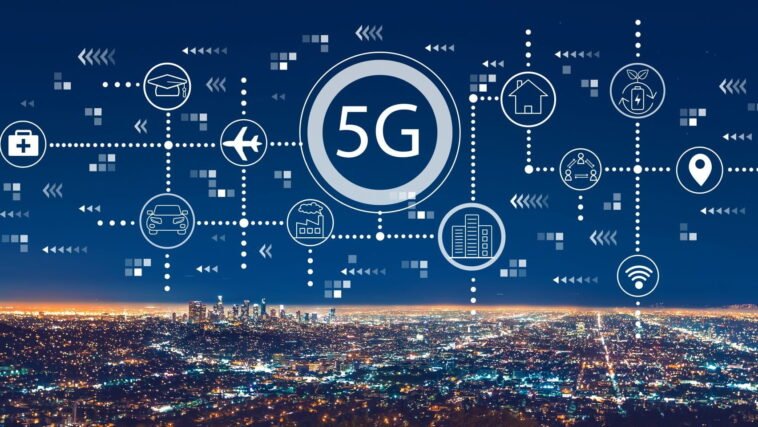Advancement of 5G Technology is a new generation of mobile networks that promises faster data speeds, lower latency, and greater connectivity than previous generations. This advancement in technology is expected to have a significant impact on communication and connectivity, enabling new applications and services that will transform the way we interact with the world around us.
In this article, we will explore the impacts of Advancement of 5G Technology on communication and connectivity, including its potential benefits and challenges. We will also discuss how 5G technology can enable new applications and services, and what needs to be done to address the infrastructure and security concerns associated with this new technology. Overall, the advancement of 5G technology offers exciting opportunities for communication and connectivity, and it will be interesting to see how these developments unfold in the coming years.
Read More:Green Tech: Innovations Driving Sustainability and Climate Action
The Advancement of 5G Technology:
Table of Contents
Advancement of 5G Technology is the latest generation of mobile networks, offering faster data speeds, lower latency, and greater connectivity than previous generations. With 5G, we can expect to see a range of new applications and services that will transform the way we communicate and interact with the world around us. In this article, we will explore the impacts of 5G technology on communication and connectivity.
Faster Data Speeds:
One of the most significant benefits of Advancement of 5G Technology is faster data speeds. With 5G, data transfer rates are expected to be up to 100 times faster than 4G, which will enable faster download and upload speeds, as well as more seamless streaming of high-quality video and audio. This will have a major impact on how we consume media and entertainment, and will also make it easier for businesses to communicate and collaborate with colleagues and clients around the world.
Lower Latency:
Advancement of 5G Technology also offers lower latency, which is the time it takes for data to travel between a device and a network. With 5G, latency is expected to be reduced to just a few milliseconds, which will enable real-time communication and collaboration. This will be particularly beneficial for applications such as remote surgery and autonomous vehicles, which require extremely low latency to operate safely and effectively.
Greater Connectivity:
5G technology is also expected to increase connectivity, with more devices and objects able to connect to the network simultaneously. This will enable the development of the Internet of Things (IoT), where everyday objects are connected to the internet and can communicate with each other. This will have a range of applications, from smart homes and cities to industrial automation and healthcare.
New Applications and Services:
With the faster data speeds, lower latency, and greater connectivity offered by 5G technology, we can expect to see a range of new applications and services emerge. For example, augmented and virtual reality (AR/VR) applications will become more immersive and interactive, enabling new experiences in areas such as entertainment, education, and training. Additionally, remote working and telemedicine will become more practical and efficient, enabling people to work and receive medical care from anywhere in the world.
Challenges:
While the advancements in Advancement of 5G Technology offer many benefits, there are also challenges that need to be addressed. One of the main challenges is the infrastructure required to support 5G networks, including the deployment of new cell towers and fiber optic cables. Additionally, there are concerns about the security of 5G networks, as they will enable more devices and objects to connect to the internet, increasing the potential for cyber attacks.
Read more:5 Advantage Test Environments Support Your Software
Conclusion:
The advancement of 5G technology offers exciting opportunities for communication and connectivity. With faster data speeds, lower latency, and greater connectivity, we can expect to see a range of new applications and services emerge. However, there are also challenges that need to be addressed, including the infrastructure required to support 5G networks and the security of these networks. Overall, Advancement of 5G Technology has the potential to transform the way we communicate and interact with the world around us, and it will be interesting to see how these developments unfold in the coming years.




